Just finished reading: The Vice President’s Black Wife
I just finished The Vice President's Black Wife: The Untold Life of Julia Chinn by Amrita Chakrabarti Myers. When I found out about this book from Martin Van Buren State Historic Site, I was giddy. I’d been curious about Julia Chinn ever since I first learned of her.
To quickly bring you up to speed: Julia Chinn was married to Richard Mentor Johnson, who became Martin Van Buren’s vice president after Julia died.
Take a flip through my sketchbook.
Then scroll through a random collection of doodles inspired by this book. I promise no big spoilers; I don’t want to ruin it for you.
Christmas & New Year’s Day off
Enslaved people were given Christmas and New Year’s Day off, which surprised me. (Not in a “ooooh, how generous” kind of way but more a “huh. I would have thought the owners would selfishly want fancy meals and service those days.”) They were also given more food, extra whiskey, and possibly new clothing and hard candy sticks for the kids. They were able to enjoy more time together as families, even with those who lived in the main house.
Buuuuut they knew New Year’s Day was Slave Hiring Day, where families could be ripped apart … never to see each other again.
_________________________________
Julia was a gift.
Literally. A housewarming gift (along with 100 others) from Robert Johnson, Richard’s father, to help him setup Blue Spring Farm.
Julia’s mom Henrietta lost her son Daniel as well. Julia and Daniel were just two miles away but it “might as well have been 200,” according to the author.
Julia was 13 or 14 at the time; Richard was 30.
By the time Richard was 31, they were in a sexual relationship. No way to know if it was by force, but there was obviously a massive power and age disparity at play.
Jemima, Richard’s mom, recommended Julia as housekeeper. A huge responsibility (managing the house and staff, planning big parties and daily menus, shopping and coordinating deliveries, handling estate keys, etc.), particularly since she was still a child.
Jemima said that “Henrietta’s girl” was “well trained and almost pretty” and “will not grow bulky and awkward. She weighs only ninety pounds and will look well around the house.”
I imagine Jemima regretted the recommendation. Stopping by unannounced, she got an unexpected surprise: Baby Imogene.
Jemima had two solutions:
Replace Julia, or
Keep Julia and send the baby back to slave quarters and let the “old darkies” care for her.
Six months later, Jemima dropped by again and found nothing had changed. Not only that — the baby was Richard’s and he was proud. Gasp!
_________________________________
Julia got shit done.
Despite being an enslaved Black woman (three strikes against her!), she:
had authority (and not just at home)
was savvy and literate, with strong business skills
was great with numbers
ran the plantation and Choctaw Academy when Richard was away*
*He was almost always away
_________________________________
She was 15 with a newborn when he left to fight in the War of 1812.
A war he voted for, along with his War Hawk buddies.
_________________________________
He was shot at last five times. And took credit for killing Tecumseh.
Johnson:
served under William Henry Harrison and helped him score a important win.
was tasked with drawing the enemy away from the main contingent, who happened to be under his brother’s command.
claimed credit for killing Tecumseh, though it may have been Col. William Whitley (who died in battle).
went home badly injured after being shot five times.
managed to get Julia pregnant again in the two months(ish) that he was home, despite returning “on a stretcher” and “close to death.”
For more on William Henry Harrison and Tecumseh, check out this post. (Spoiler: Harrison was not a great guy.)
_________________________________
He was broke and his family was vulnerable because he never freaking freed them.
He could have. But he didn’t. In fact, he mortgaged Julia’s brother Daniel and Daniel’s wife.
_________________________________
Richard and Julia ran one of the first integrated schools in the country.
Richard Mentor Johnson believed in education for all, so he opened a school for kids from the Choctaw nation.
Just kidding!
He opened the school because he could make the money he desperately needed to fund his lavish lifestyle. (As someone commented on my doodle — “More scholars, more dollars!”)
He had an in — his brother-in-law was the Choctaw’s agent and he knew they were looking for a school.
Choctaw elders wanted the kids to learn politics, law, and science so they could be economically level with white kids (and able to handle treaty negotiations, etc.)
The school was a collaboration between the U.S. and the Choctaw nation and was controlled by the War Department.
The school was so good, the “respectable” [white] families wanted to send their [white, male] children.
As a bonus, Imogene and Adaline (Richard and Julia’s daughters) were able to get an education without drawing too much attention.
_________________________________
Thomas Jefferson and Richard Mentor Johnson were not unique.
I wasn’t aware just how common it was for slaveholders to have “relationships” with women they enslaved. (Not going to get into the obvious power dynamic, the need for survival, the prevalence of non-consensual “relationships”, etc. Just know that I’m not suggesting that these were happy-go-lucky relationships where everyone was happy and everyone wins. I’m using the word “relationship” very loosely here.)
The difference between Richard Mentor Johnson and everyone else is that he didn’t hide his relationship and children. (That’s not to say he didn’t at times hide them.)
Henry Clay, on the other hand, sold the “yellow girl that attended to his poultry and fowls” when his wife caught him acting “more lovingly than suited her feelings.” Oh, and he also sold their children.
_________________________________
Opinion: amalgamation < printing personal attacks about a political candidate
In terms of sins, Thurlow Weed (Albany Evening Journal editor) believed amalgamation was bad. Far worse was printing personal attacks about a political candidate.
To be clear, this was only because smearing political candidates backfired. (See also: Jefferson and Sally Hemings, Rachel and Andrew Jackson) He asked his colleagues to stop printing stories about Johnson’s relationships lest it blow up in all their faces.
_________________________________
Ick.
This is not a comprehensive list of people Old Dick Johnson slept with. Honestly, I didn’t take diligent notes on his … dalliances. At some point I had to draw it out. Possibly while Julia was still alive (and sick with cholera) or possibly after she died, he may have had a “highly coercive” relationship with his daughters’ first cousin Parthene. And possibly also with three of Parthene’s aunts.
_________________________________
Johnson: the first and only VP selected by the senate
Van Buren won the 1836 presidential election, but Johnson was shy one electoral vote (Virginia) and it was up to the senate to pick the VP.* Johnson was not invited back on the ticket come reelection time. Andrew Jackson suggested James K. Polk for the role, but apparently it was a free-for-all with every state picking their own candidate. (Huh?)
*From the top two candidates.
_________________________________
Hayes and Reconstruction
Things were already getting more horrifying and dangerous at the time (more rapes and lynchings; hurdles for voting — literacy tests, grandfather clauses, poll taxes; no jobs / opportunities; etc.) but in his deal to seal his presidency, Rutherford B. Hayes ended Political Reconstruction. This left Black people in a far worse position (no protection, “one-drop rule,” etc.).
_________________________________
I didn’t mean to end this post on a real bummer, but as Amrita Chakrabarti Myers said: "it is in looking back that we may yet see a path forward.”
Have you read The Vice President’s Black Wife yet?
Let me know in the comments below. Or feel free to veer off on a tangent…
6 tangents
Check out all of the unrelated random stuff I looked into while reading this book. OK, maybe not all. Just a half dozen.




















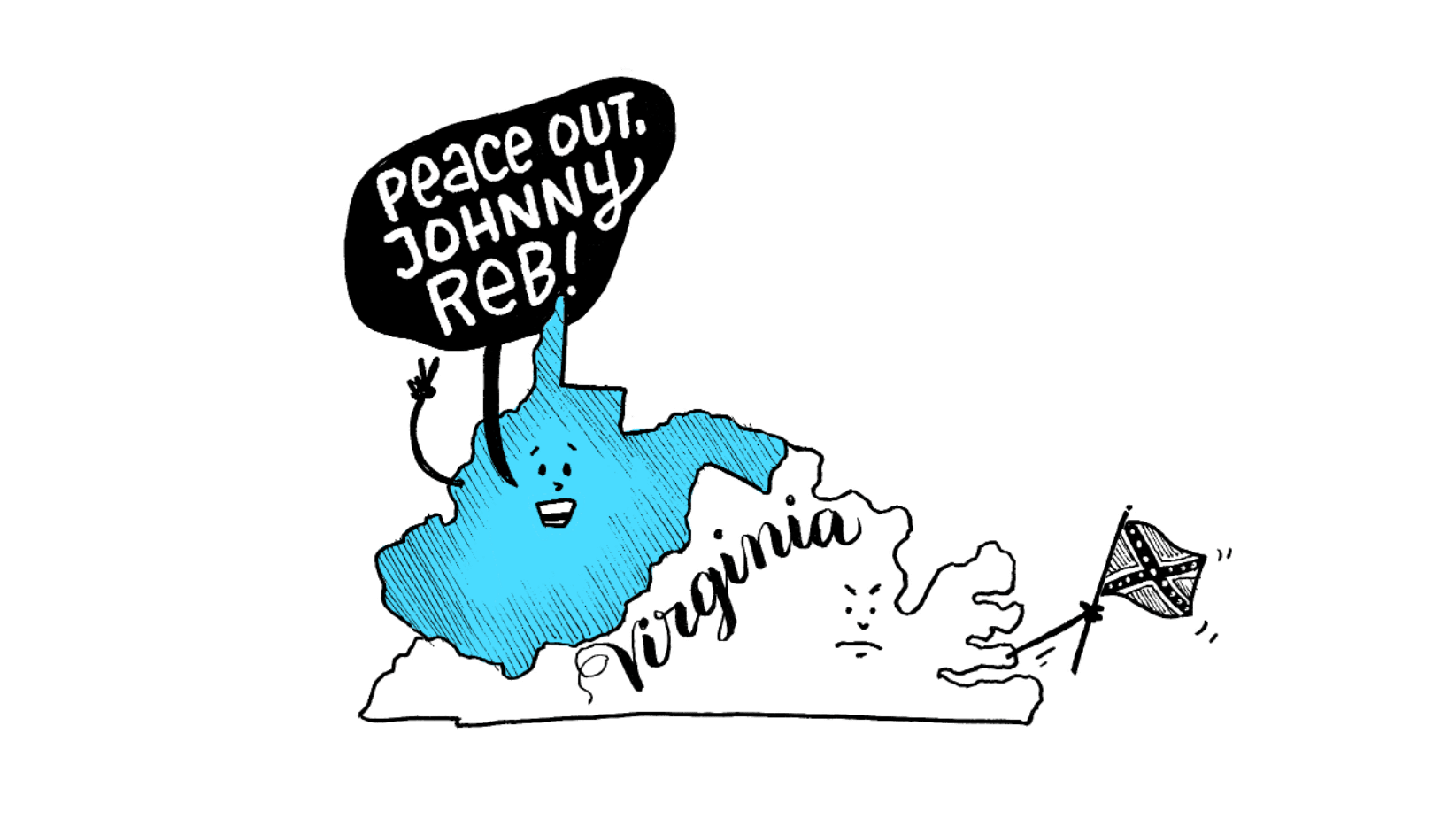
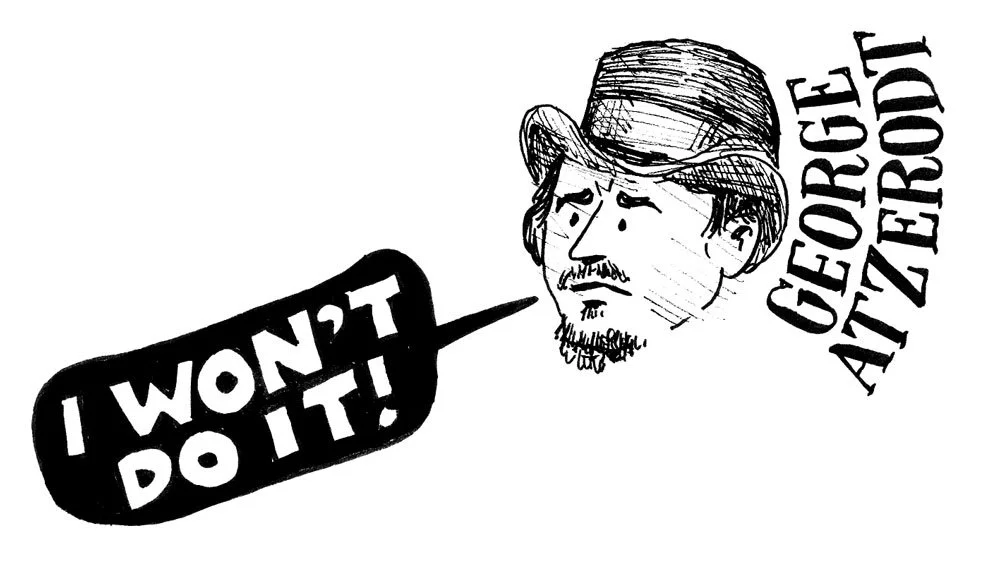
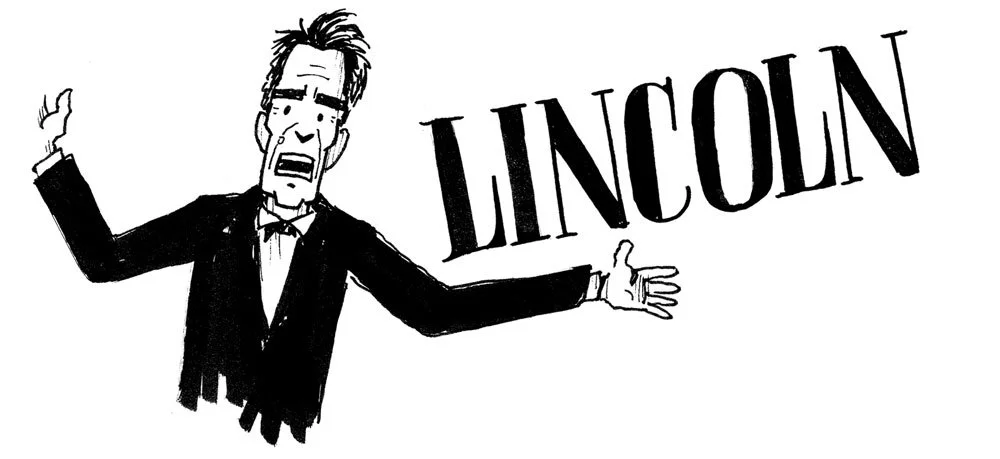

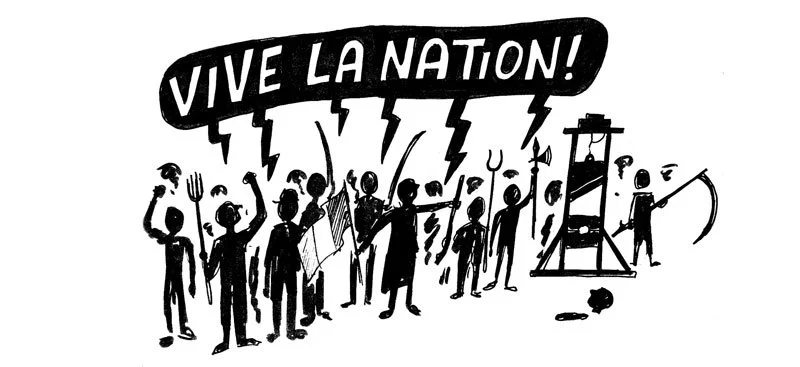



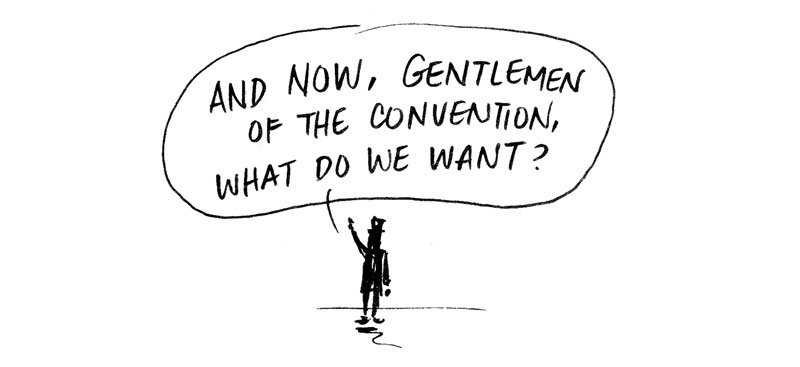


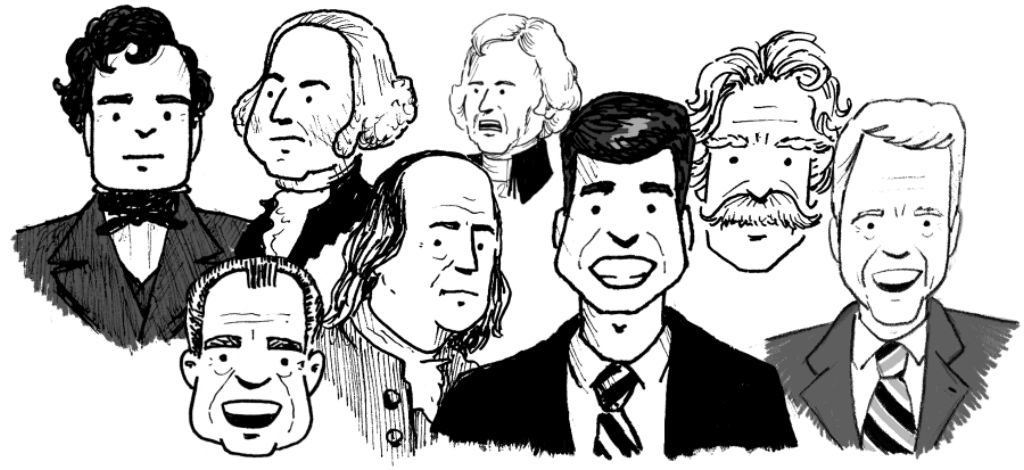

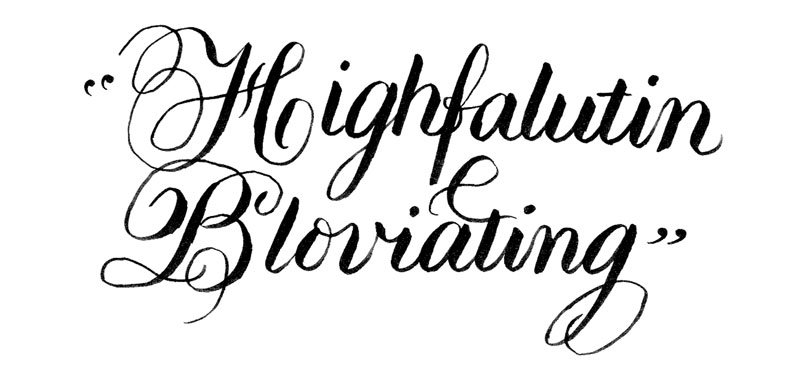
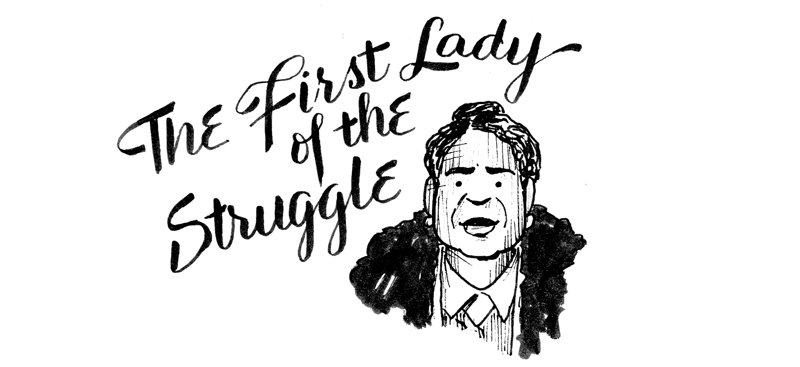
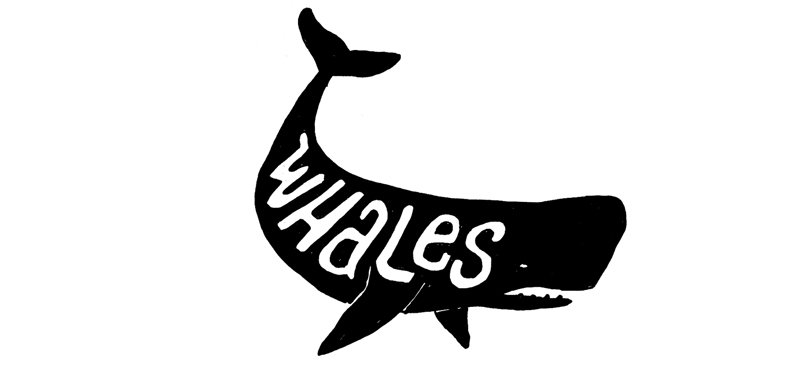

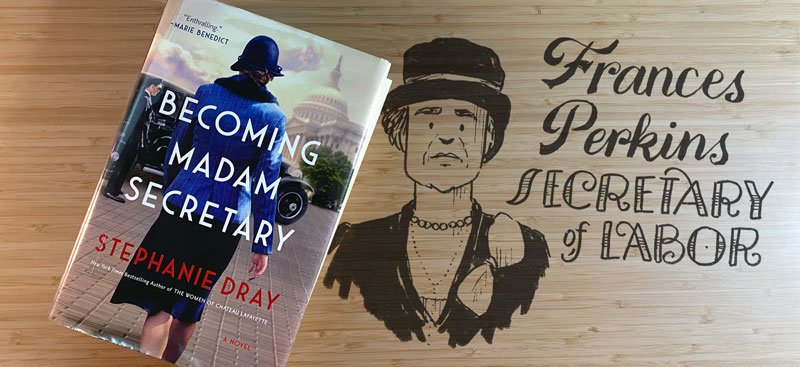
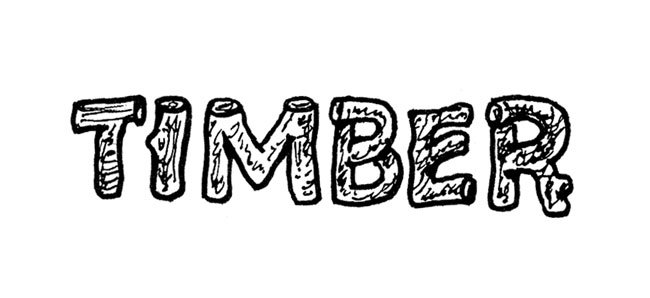
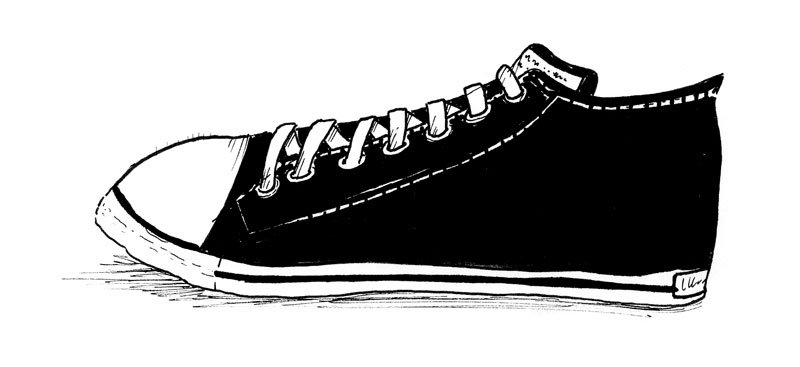
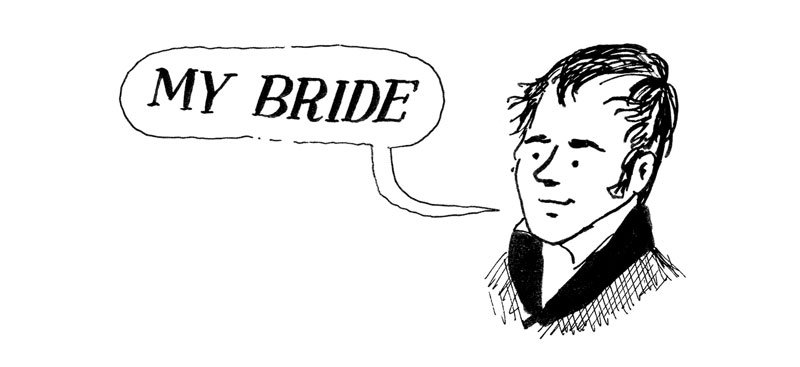
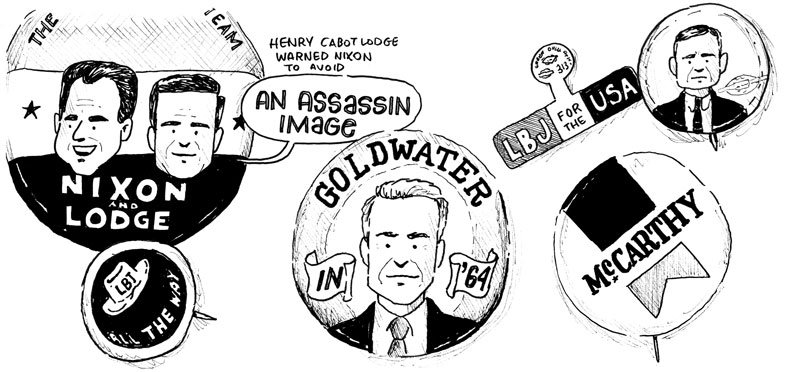
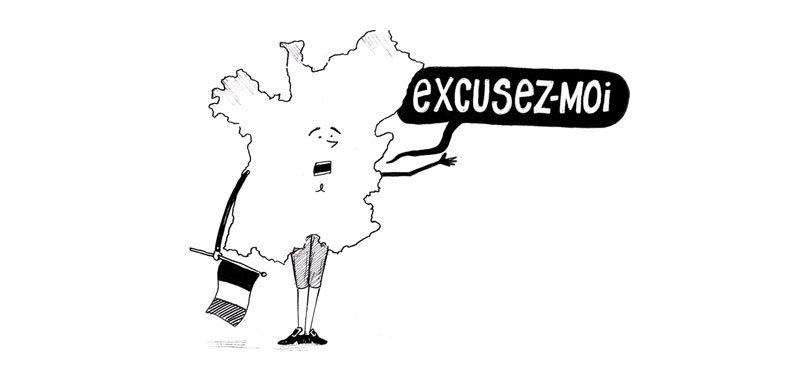

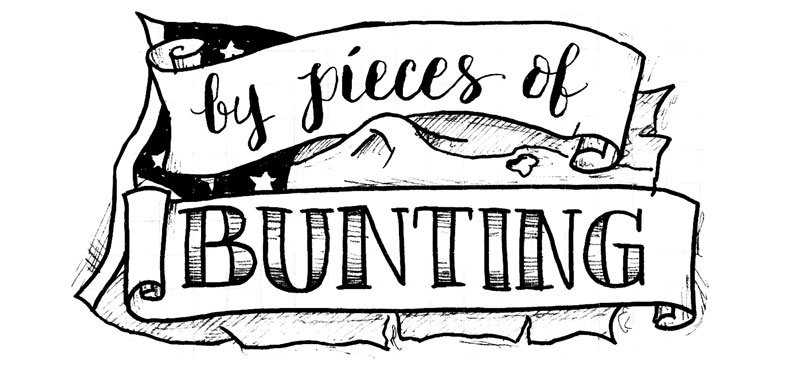
Read this book.